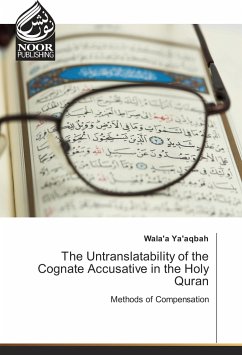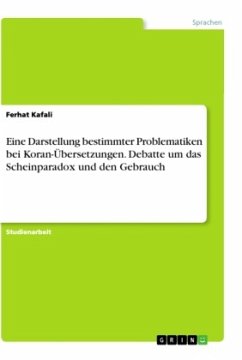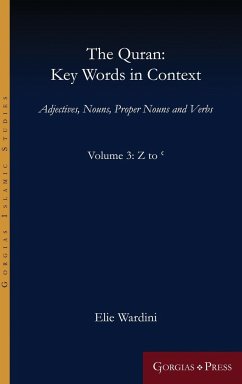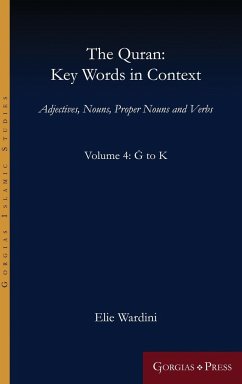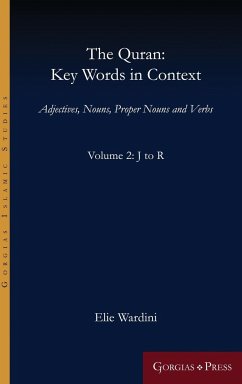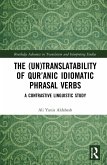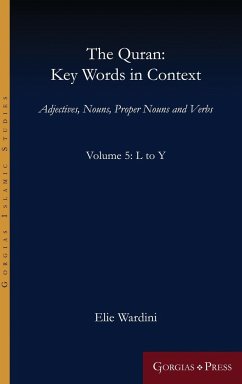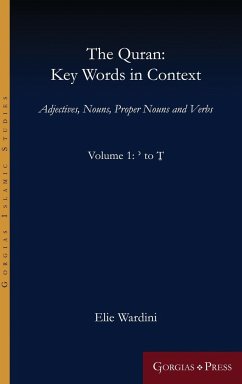The Holy Qur'an's language is highly rhetorical and connotes meanings, forces and music that present its spirit and the secret of its rhetoric. Translating the Holy Qur'an is difficult and problematic. However, there are a number of translations by different translators from different tongues and backgrounds. Some of them have tried to produce a word-for-word translation while others added some margins to explain what is meant by the ayahs (verses). Besides, some have ignored the Holy Qur'an's rhetorical, pragmatic, semantic and expressive meanings. This thesis discusses the problem of the cognate accusative's (CA) untranslatability from Arabic into English. Because Arabic and English belong to two different language families, the structure of both languages is different, causing linguistic untranslatability. In order to reduce the barrier of untranslatability, some methods of compensation should be used.

